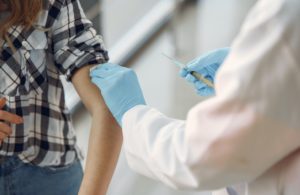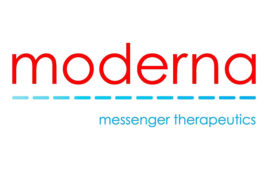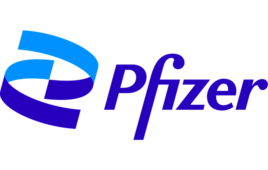
Image courtesy of Pexels
The rate of vaccination in the U.S. continues to tick upward. On Aug. 1, healthcare workers administered 816,203 doses, marking one of the highest totals in recent weeks.
Vaccination rates have increased about 24% in the past week, according to an estimate from UBS.
If the trend holds, the daily vaccination rate could surpass one million — roughly in line with the pace in late June.
At present, almost 58% of all Americans have received at least one COVID-19 vaccine dose.
In early July, the daily rate of U.S. vaccinations hit its lowest point since the beginning of the year. At that time, health officials administered about 500,000 doses daily.
As a result of the lagging vaccination rate, the U.S. was about a month late in meeting President Biden’s goal to provide at least one vaccine dose to 70% of adults by July 4. Some 60.6% of U.S. adults are fully vaccinated.
Partial vaccination does not offer substantial protection against the Delta (B.1.617.2.) variant, according to a recently published study in NEJM. The average effectiveness of a single dose of the Pfizer-BioNTech or AstraZeneca vaccine was 30.7%. The effectiveness was similar for both vaccines. The average effectiveness of two doses of the Pfizer vaccine, however, rose to 88.0% among those infected with the Delta variant. Two doses of the AstraZeneca vaccine were 67.0% effective against Delta.
According to an estimate from Yale Medicine, the Delta variant is roughly 50% more contagious than the Alpha variant that first emerged in the U.K. The variant was responsible for more than 80% of COVID-19 infections in late July, according to CDC estimates.
Researchers at the University of Miami observed that 63% of a sampling of COVID-19 patients had the variant in mid-July. In addition, the variant contributed to a more than 350% increase in COVID-19 hospitalizations in the area, according to Dr. Lilian Abbo, a professor at the University of Miami’s Miller School of Medicine.




Tell Us What You Think!